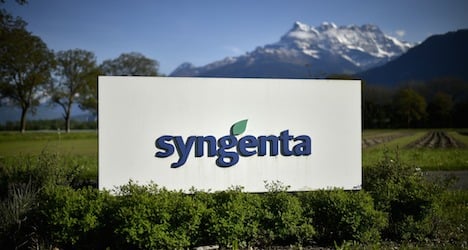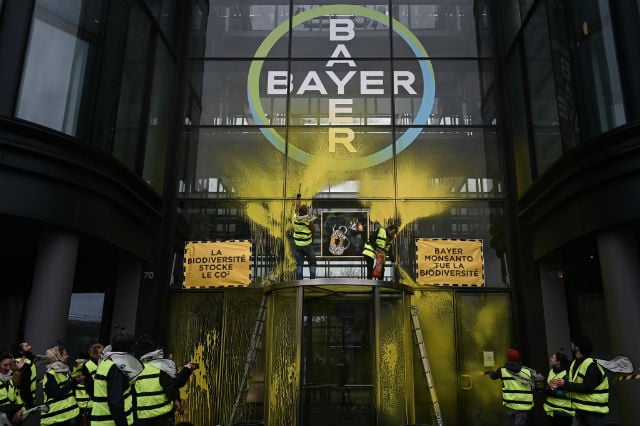Monsanto said the deal is needed to create a company big enough to confront rising food demand due to population growth.
“Equipping farmers with the right set of innovations that will help solve tomorrow's food challenges today requires more than a new company — it requires a new vision and approach,” said Monsanto chief executive Hugh Grant.
Grant said a takeover of Syngenta provides “the opportunity to accelerate innovation and support a more diverse group of farmers around the world.”
Monsanto has bid 449 francs ($480) per share for Syngenta, representing a 35 percent premium from the previous day's closing price.
The deal values Syngenta at about 42 billion francs ($45 billion).
But Syngenta has said Monsanto's offer is “inadequate” and argues that the US company has underestimated the scrutiny from antitrust regulators that would accompany a deal.
The Monsanto bid includes a $2-billion breakup fee if regulators block the deal, a sum Syngenta has called “wholly inadequate.”
Monsanto reported net income of $1.1 billion for the quarter ending May 31st, up 33 percent from the year-ago period.
Sales in seeds and genomics, Monsanto's biggest division, rose five percent to $3.2 billion.



 Please whitelist us to continue reading.
Please whitelist us to continue reading.
Member comments